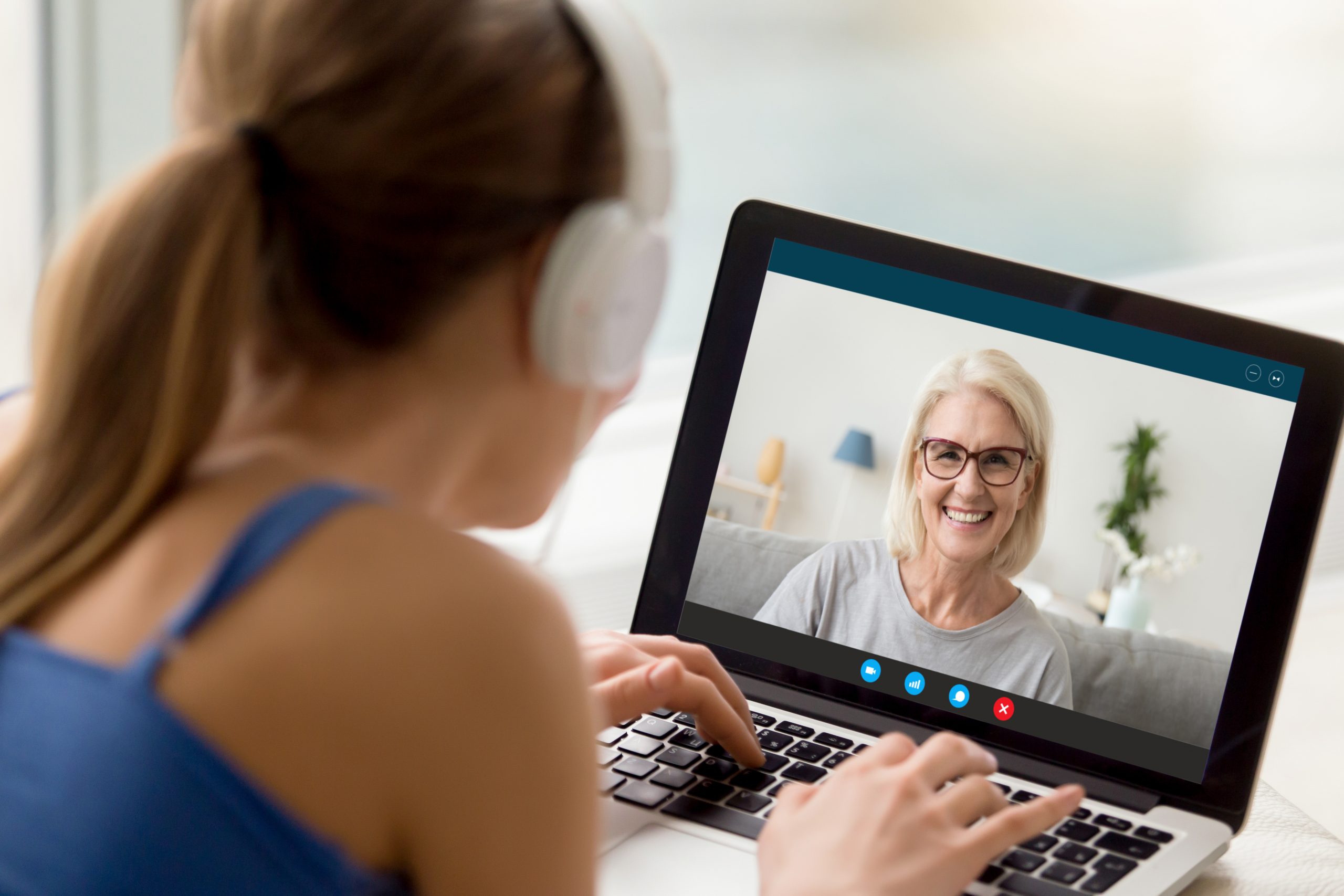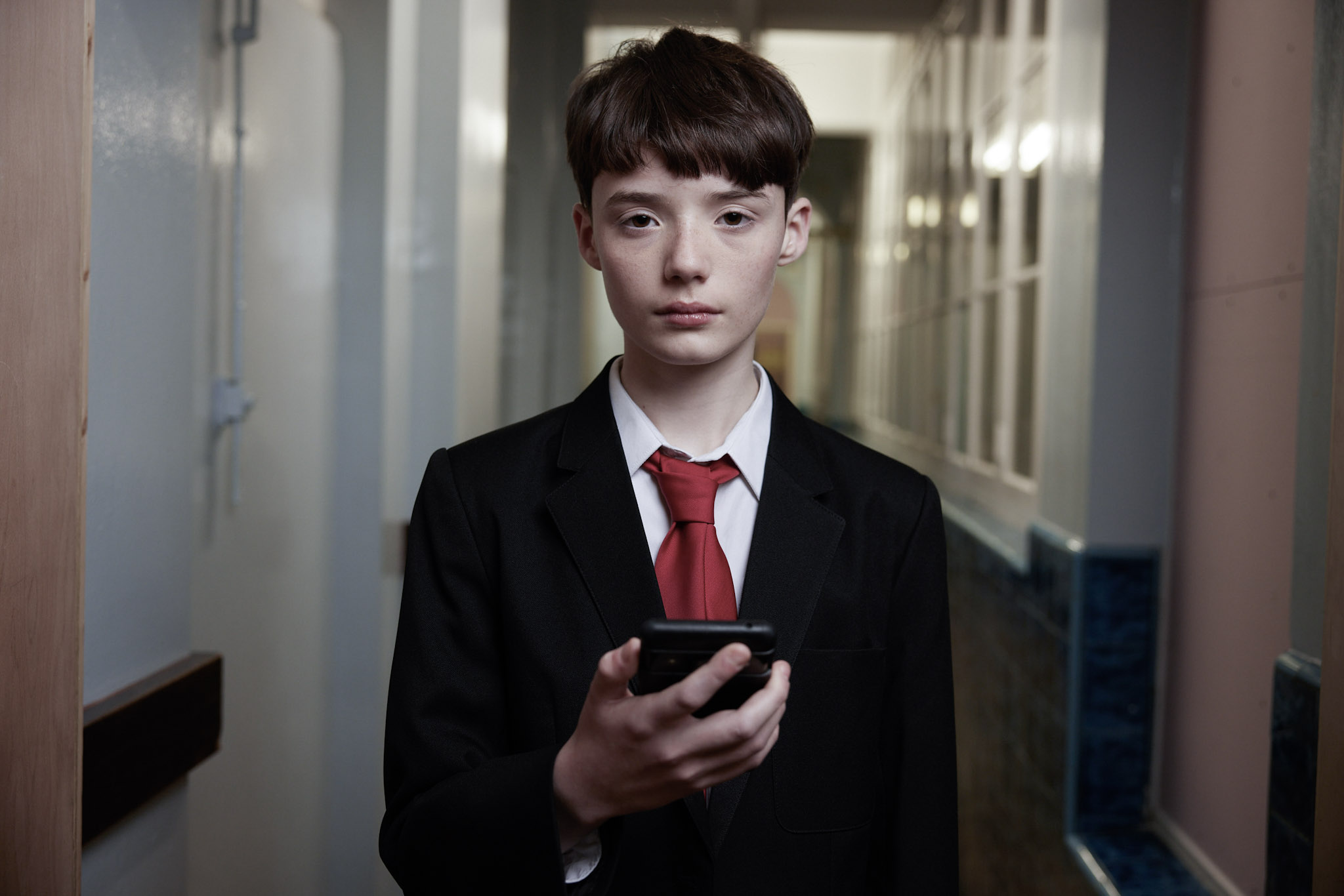
We learned many new digital skills during the enforced social isolation of lockdown, and connectivity was a lifeline for many. But as screen-time rocketed, so did antisocial behaviour and online crime. So as life returns to some kind of normality, how can we build on the positives while embracing the outside world again?
When did you last look at your phone? An hour ago? A minute? Relax, you’re not alone.
Last August, Ofcom’s annual study of Great British media habits found that adults were glued to their devices for more than 40% of the waking day during lockdown. Children aged 5 to15 were spending more than six hours a day staring at screens – a 500% increase on pre-lockdown rates, according to a US survey.
Clearly, the pandemic has had a significant influence on our digital lives.
So as restrictions ease, should we sweep all this screen-time away and start afresh? Not so fast.
“Actually, our research into the Covid tech legacy suggests there have been loads of pluses, alongside the many negatives,” says Emma Robertson, co-founder of Digital Awareness UK.
“Digital literacy, for example, soared among all generations.”
This summer, a major global survey asked people in 24 countries which of their lockdown digital habits would stick in the post-pandemic world. It predicted “a hybrid model, combining pre-pandemic preferences for physical channels with the digital knowledge and sophistication we’ve acquired over the last 18 months.”
Because while we may want to tackle the dependence on tech that has crept into some aspects of our homes, many of the ways we adapted to use screens transformed our family lives, making us more efficient, more in touch and even a little more loving.
The good news
In March 2020, 54% of those surveyed by Google said digital technology had a positive impact on the time they spent with their families. By September, that percentage had risen to 63. Why?
Some of the digital habits we developed during the early stages of the pandemic made us more efficient, creating more family time as a by-product. We took to online shopping in our droves. Remote working wasn’t always easy, but surveys suggest 61% of working parents hope to continue with it in the future. Cutting commuting times has improved the amount of time we spend with our children – and, quite often – the quality.
“As much as we’re all now sick of Zoom quizzes, they were a lifeline for the vulnerable and the isolated,” says Ms Robertson.
Zoom had 659,000 users in January 2020, and 13 million by April. The most remarkable spike occurred among those aged 65 and over – pointing to the number of grandparents who adopted the app.
Dame Judi Dench claimed that filming TikTok videos with her grandson during lockdown “saved her life”, highlighting the way we used social media apps to connect to loved ones beyond our walls.
This April, research even identified a boom in older gamers, as grandmothers, uncles and godparents discovered new lines of communication with the young people in their lives through platforms never considered before.
All this mattered. A 2018 study found that video-chatting reduced the risk of depression in over 60s far more effectively than email, while research by the University of Oxford shows that a high level of grandparental involvement boosts children’s wellbeing, too.
So while nothing beats a hug, it might be a mistake to drop these digital interactions in the post-pandemic world.
The bad news
It wasn’t all sunshine on our screens, however.
“With the increase in screentime, bullying, sexting and abuse rocketed among children and young people,” says Ms Robertson, who adds that the number of older people who fell victim to scams “soared” during the same period.
During the first lockdown, she says, “we were digitally oversaturated. By the second lockdown, we were seeing families take their habits into hand, agreeing boundaries, like no phones in the bedroom or at the table.”
From her perspective, this has led to a really positive advancement: “Realistic balance: developing the self-awareness to know how to switch off and protecting your family from online risks.”
But if you need help achieving that good screen-time balance so you can capitalise on the digital skills learned during lockdown while interacting more with the outside world, then these four apps should prove useful.
The new approach to screen-time
Establish daily screen time limits, set children off-screen goals (from homework to chores) and reward them with screen time, block and approve different apps on their tablets and keep an eye on their web history. All from your own phone.

Credits: Screentime
- screentimelabs.com
- Free, with in-app purchases from the App Store and Google Play
Grow better habits
This cult app is a cute way to encourage kids, teens and – frankly – parents, too, to put their screens down for set periods of time. Plant a cartoon seedling and set the time it will take to grow (the length of time you want to step away from your screen). Stay away for long enough, and your tree will flourish. Check your social media, and it dies. Practice daily, and you’ll amass a whole forest!
- forestapp.cc
- $1.99 with in-app purchases from the App Store and Google Play
Remote monitoring
Lets parents control screen time, monitor the apps children have downloaded and detect and block inappropriate content on their devices. You even get automatic alerts when inappropriate content is detected on your teen’s devices.
- wondershare.com
- $9.99 (£7) a month or $59.99 (£44) a year from the App Store and Google Play
Teaching responsibility
Designed to help children and teens develop healthier digital habits and manage their time online. Parents can set daily limits for individual apps and games (from YouTube to Minecraft). Kids can see how much screen time they have been allotted, how much they have used, and plan accordingly. They can even earn more time by getting active and going for a run or walk.
- unglue.com
- Free with in-app purchases from the App Store and Google Play
Stay up-to-date with the very latest news from Vodafone by following us on Twitter and signing up for News Centre website notifications.



![Portrait of school age boy sitting at kitchen table do not want to eat[Adobe Stock] stock photo of a young boy sitting at a kitchen table, refusing to eat the food in front of him](https://www.vodafone.co.uk/newscentre/app/uploads/2024/03/Portrait-of-school-age-boy-sitting-at-kitchen-table-do-not-want-to-eatAdobe-Stock.jpg)


![mother with daughter with smartphone in snowy weather [Adobe Stock] stock photo of a mother outside in snowy weather with her daughter while using a smartphone](https://www.vodafone.co.uk/newscentre/app/uploads/2024/02/mother-with-daughter-with-smartphone-in-snowy-weather-Adobe-Stock.jpg)



